
Menu
The Illegal Elephant in the Room?
More than 100 tigers, 1,000 rhinos, 20,000 elephants, and 200,000 pangolins are lost to illegal wildlife trade every year. With Southeast Asia being an epicenter for poaching hotspots, transit points and consumer markets, Singapore’s strong connectivity makes it a potential route for trafficking syndicates to move their products.
For years, Singapore has intercepted countless illegal shipments of endangered wildlife. But consumer demand keeps the tap flowing, and we need to stop it at the root.
Support our efforts to end the trade—donate or volunteer now.
HOW WE GOT HERE
Before 1990
It was legal to buy and sell ivory products publicly in Singapore.
1990
CITES established a ban on international commercial trade of ivory.
However, Singapore still allowed the sale of ivory products domestically if the ivory was imported before 1990.
2017
An undercover investigation by WWF found over 40 physical shops selling ivory in Singapore.
2018
On 31 July 2018, WWF-Singapore launched Ivory Lane, a fictional brand “selling” modern vintage ivory accessories to highlight the loophole: no approval or licenses were needed—all it required was to claim that the ivory products were sourced from old stocks prior to 1990.
2018
Within six days, Ivory Lane sparked off a heated public debate on wildlife trade, national legislation and enforcement in Singapore.
2018
A public consultation through REACH revealed that 99% of people in Singapore supported a total ban on ivory.
2019
Singapore’s ivory ban was announced by the authorities on World Elephant Day, 12 August. A big win.
2020
WWF launched the Cyber Spotters Programme, and 464 wildlife listings were accurately flagged during the first 2 weeks of the programme.
2021
Singapore’s ivory ban comes into effect on 1 September 2021.
Traders will no longer be able to display, buy or sell ivory in Singapore—including vintage ivory dated before 1990, making it the world's strictest ivory ban in scope and implementation to date.
… and many more.
Join us now for more successes to come!
Previous
Next
MAKE A DONATION
This campaign has concluded. Thank you for your support!
But the fight against illegal wildlife trade has not ended. Please check out and support our local conservation efforts here:
How Your Support Helps
The ivory ban is just one part of the fight against illegal wildlife trade. However, it does not stop here as wildlife trafficking continues to flourish globally and elephants are not the sole victims.
When you make a donation, your funds will support multiple facets of our efforts in ending illegal wildlife trade:
LEGISLATIVE
Working with decision-makers globally to close legislative loopholes that facilitate illegal wildlife trade.
WWF works with partners and decision-makers on national, regional and international policy, as well as ensuring proper deterrents in source, transit and consumer countries to stamp out illegal trade.
DISTRIBUTION
Working with shipping and e-commerce businesses in Singapore to eliminate illegal wildlife trade.
WWF conducts stakeholder engagements and workshops to help companies identify suspicious shipments/products and deter illegal wildlife trade on their platforms.
ENFORCEMENT
Supporting enforcement, policy and capacity building together with the Singapore government and partners.
Together with partners, WWF provides support for enforcement efforts to intercept wildlife trade in and through Singapore.
PUBLIC ENGAGEMENT
Working with our volunteers in Singapore to collect data and identify illegal wildlife products on online marketplaces.
WWF recruits the public to the Cyber Spotters programme where training is given to identify and report prohibited wildlife products. The listings will be reviewed and actioned on by WWF and members of the Coalition to End Wildlife Trafficking Online.
Besides elephants, pangolins reptiles turtles otters tigers birds bears rhinos corals snakes leopards orangutans other species are also victims of wildlife trafficking
Do you know what other animals are victims of illegal wildlife trafficking? Take a short quiz to see how good you are at distinguishing illegal wildlife products!
How well can you spot illegal wildlife products?

How well can you spot illegal wildlife products?
Question 1 of 6.
One among these images is an illegal wildlife trade product. Can you spot the one?

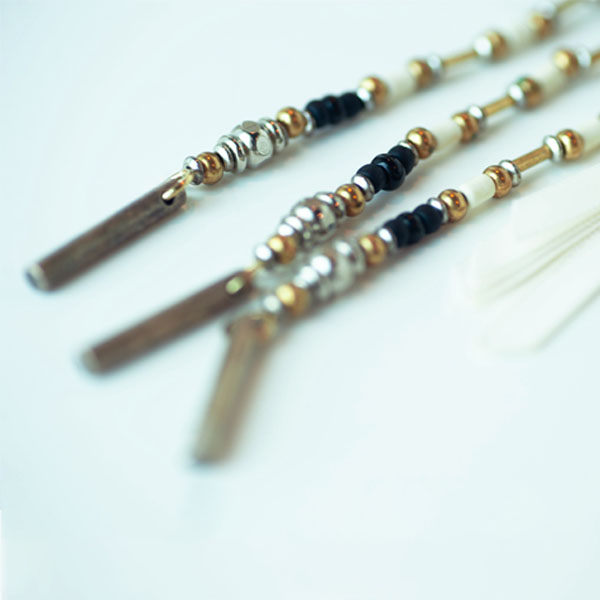

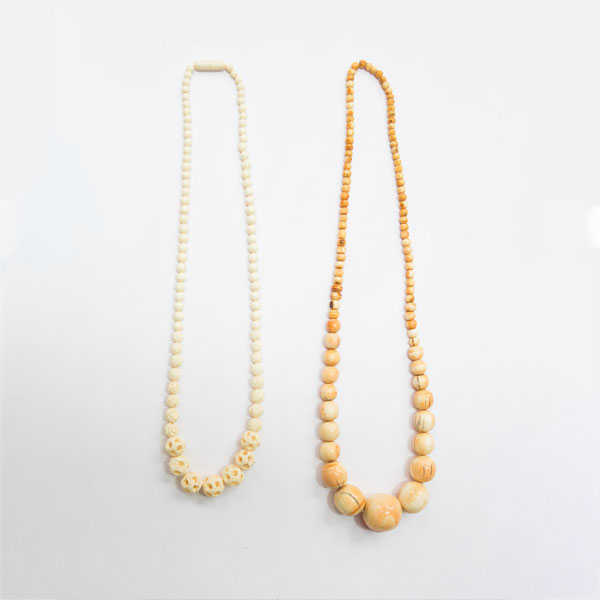
This necklace is made of elephant ivory!
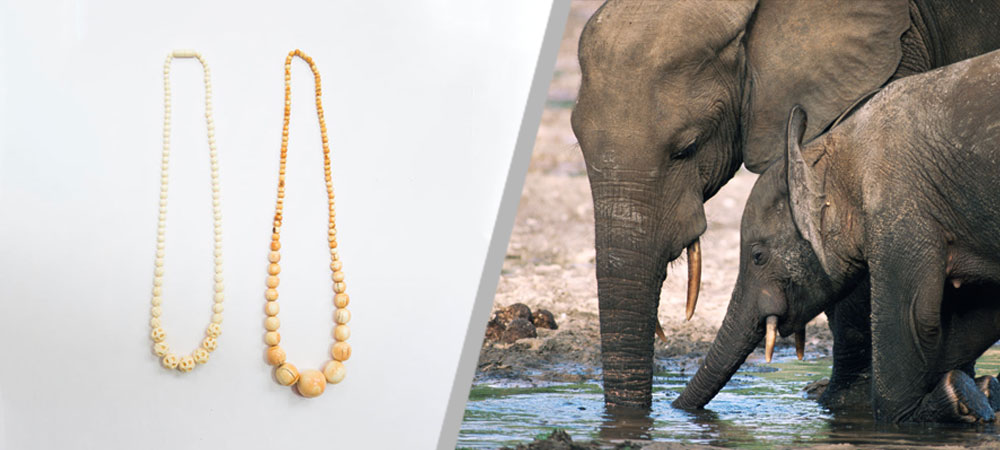
Almost 20,000 African elephants are killed each year for their ivory—that's an average of 55 a day!
Poachers are often armed with weapons, making them dangerous for the anti-poaching teams who put their lives on the line to protect elephants.
Photo credit © James Aldred
Question 2 of 6.
One among these images is an illegal wildlife trade product. Can you spot the one?

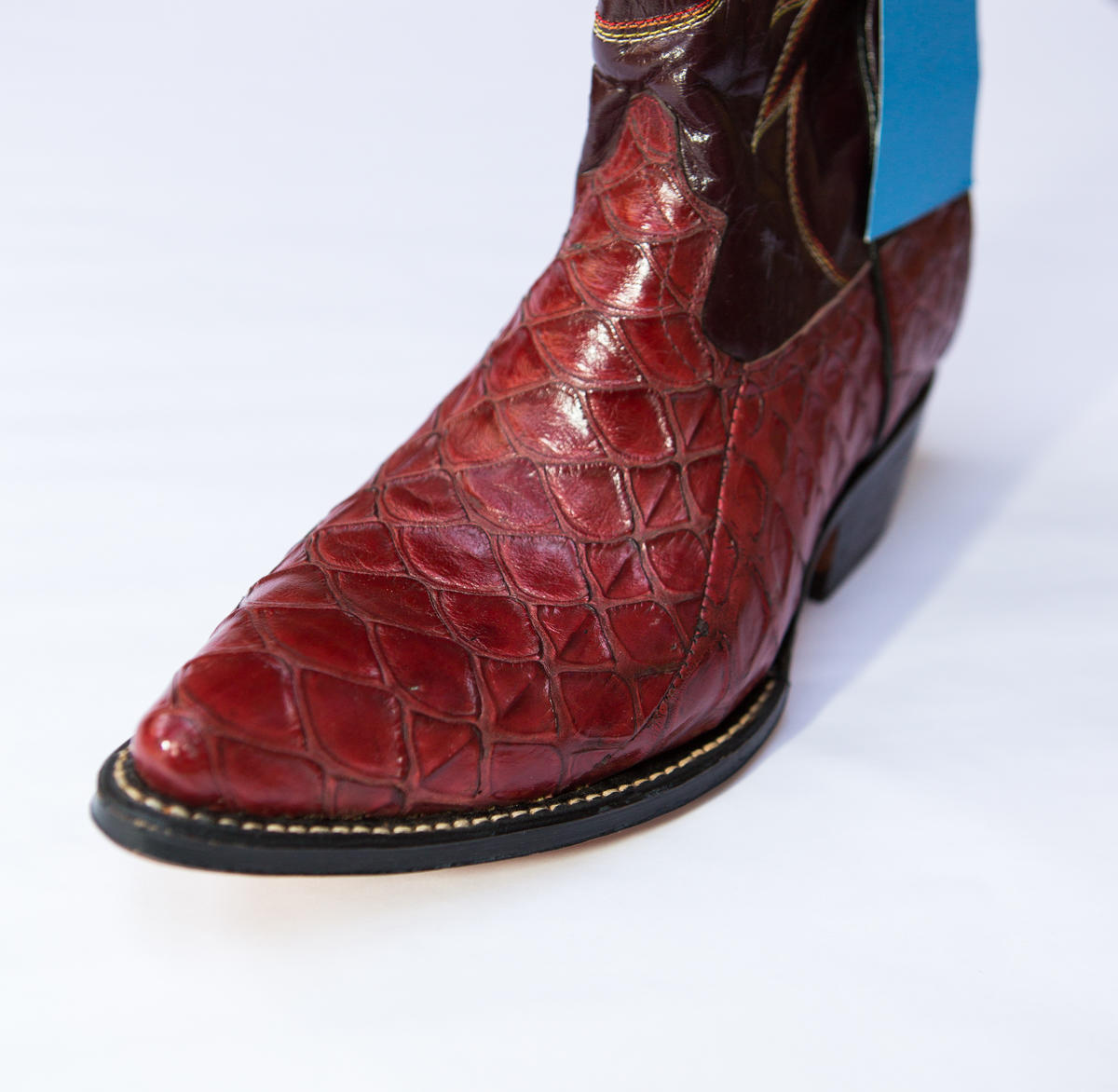
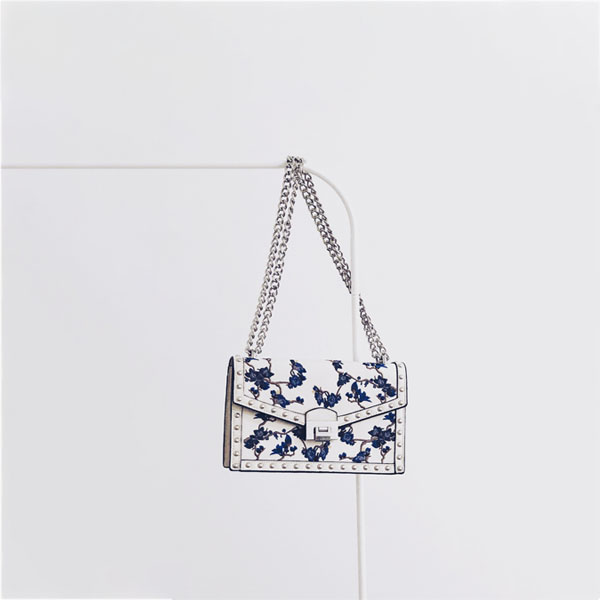

These shoes are made from pangolin scales!
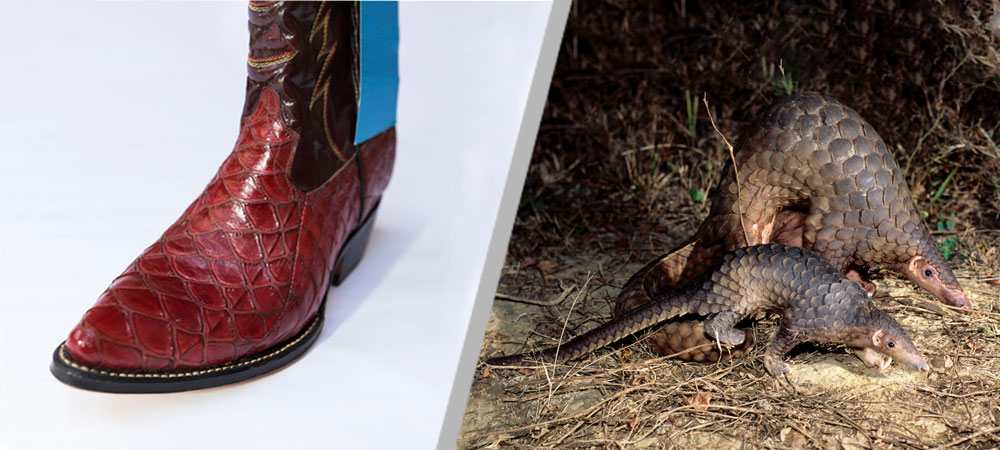
Pangolins are believed to be the world's most trafficked mammal, accounting for one-fifth of all illegal wildlife trade. Over a million are estimated to be killed in the last decade.
They are frequently declared as food or other products during customs clearance!
Photo credit: ©Roland Seitre
Question 3 of 6.
One among these images is an illegal wildlife trade product. Can you spot the one?

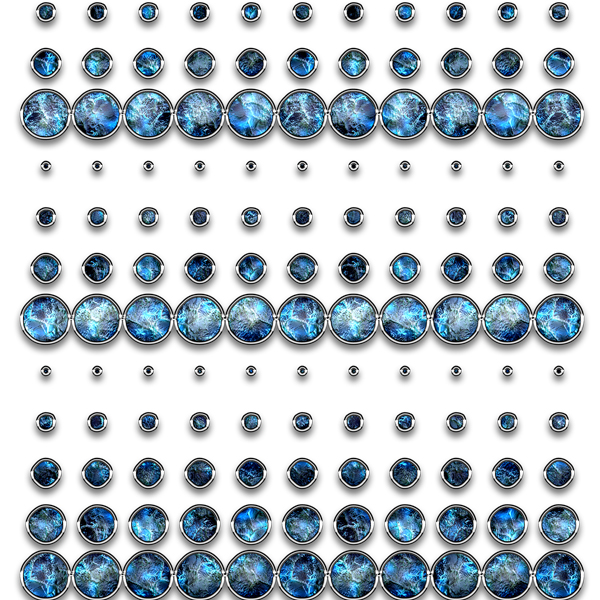
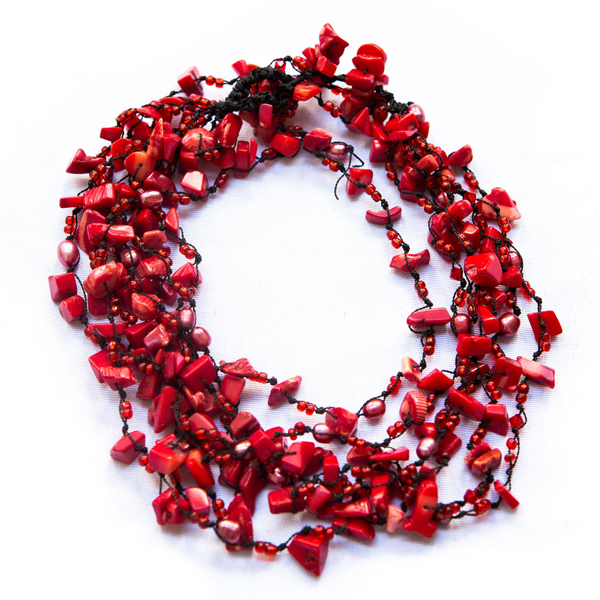
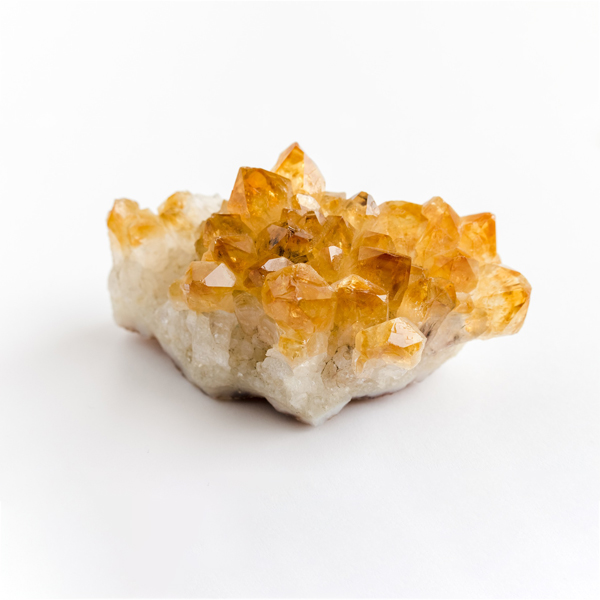
These necklaces are made of dead corals!
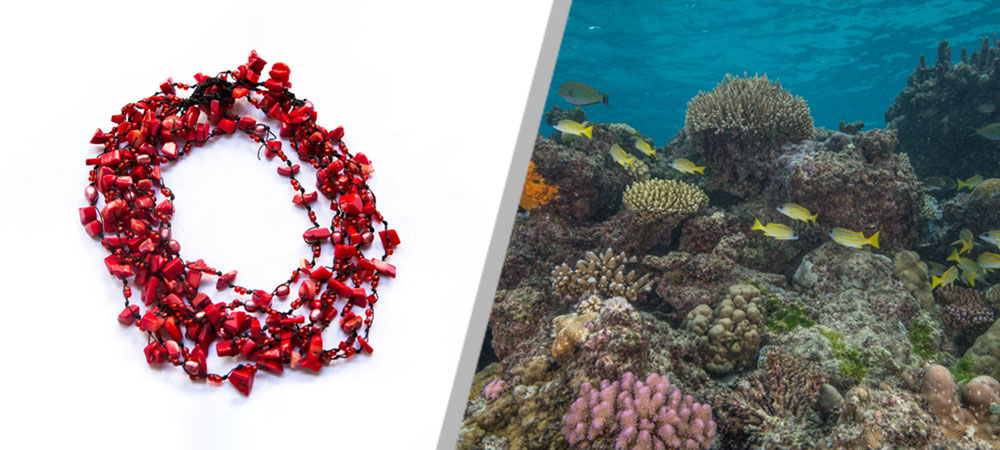
Between 1999 and 2015, 17% of global seizures were of corals.
Corals are home to many marine species, and coral mining is damaging in several ways. It causes loss in fisheries significance, seaside security, and the tourism industry in the area. More than half of the jobs in marine tourism depend on a healthy ocean and corals to continue a successful tourist attraction.
Photo Credit©Tom Vierus
Question 4 of 6.
One among these images is an illegal wildlife trade product. Can you spot the one?


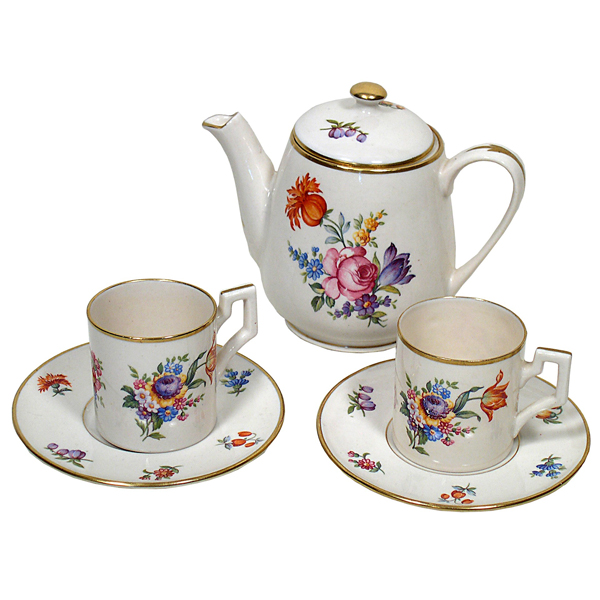
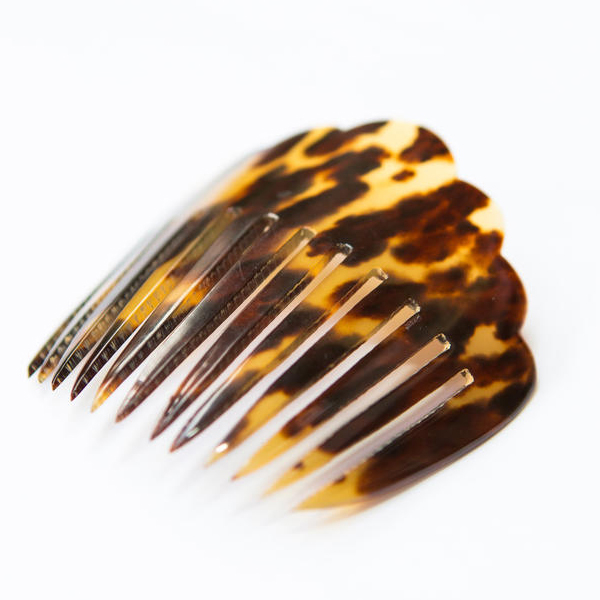
This hair comb is made from tortoise shell!
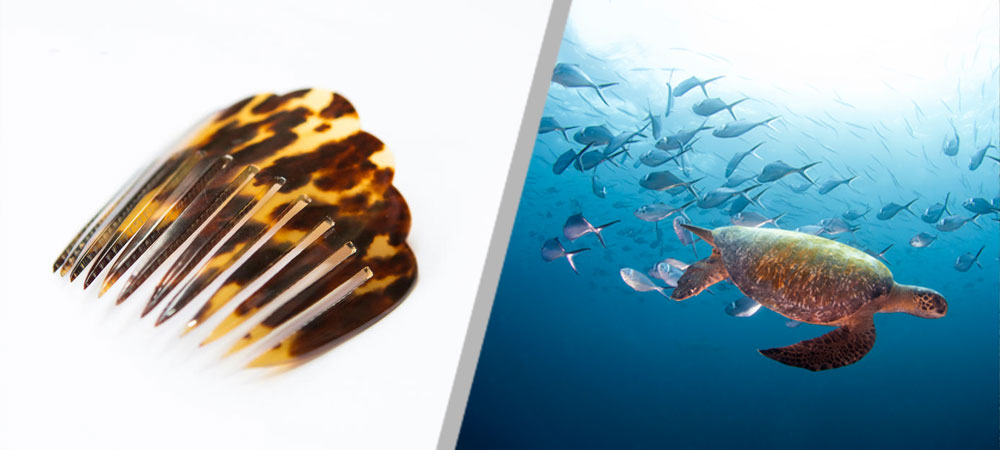
Of all the marine turtles, hawksbill turtles are the most sought after for their shells—they are now listed as critically endangered on the IUCN Red List.
Despite international laws prohibiting the take and trade of hawksbill turtles from 1994, millions of hawksbill turtles are still illegally exploited for the tortoiseshell markets of Europe, the US and Asia in the last century.
Photo Credit © Antonio Busiello
Question 5 of 6.
One among these images is an illegal wildlife trade product. Can you spot the one?
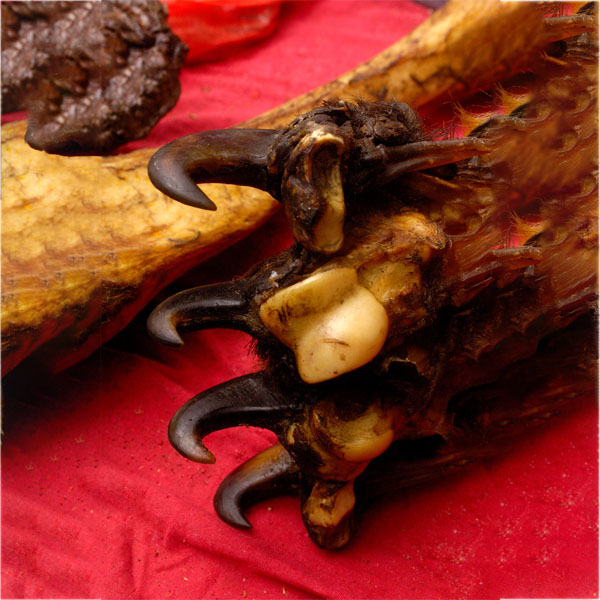

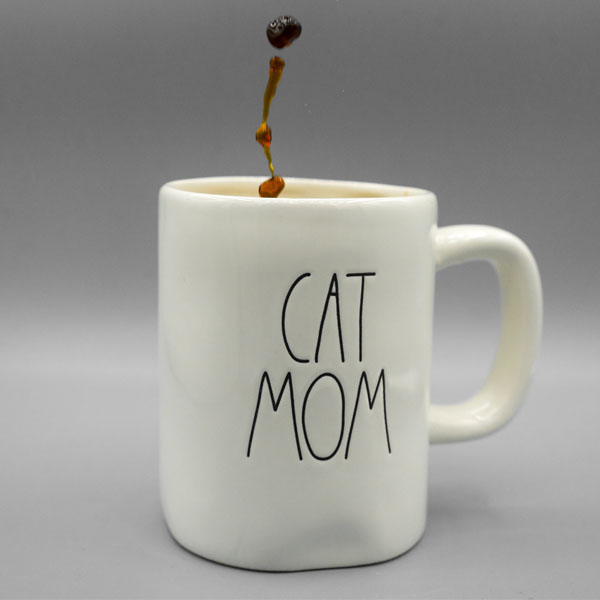

Many tiger parts, such as tiger bone, skins, claws, teeth, and blood, are trafficked!
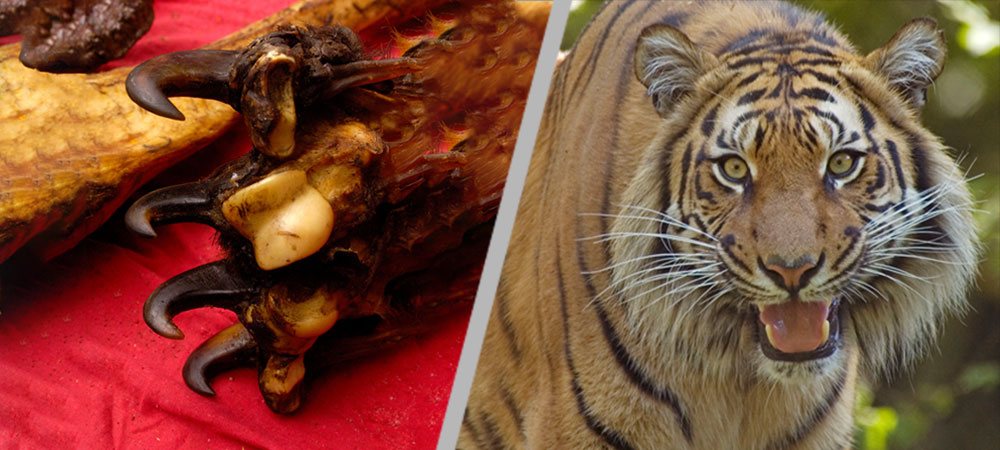
They are often poached for exotic decorations and “medicinal” products that are not scientifically proven. A particular example is the tiger wine. In the process, the tiger skin and muscles are peeled off, and the bones and claws are crushed to make the wine.
Photo Credit © Edwin Giesbers
Question 6 of 6.
Bonus question: This animal is among the many species seized in a wildlife trafficking attempt recently. What is the species called?
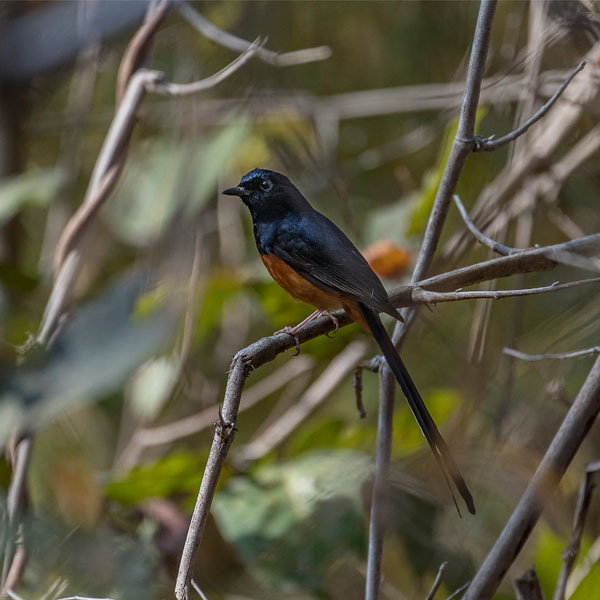
White-rumped Shama
White-vented Myna
Asian Glossy Starling
Grey Parrot
Birds are victims of wildlife trafficking too!
In 2019, Immigration & Checkpoint Authority caught a smuggling attempt at Woodlands checkpoint involving 15 containers of 815 birds hidden in modified compartments of a bus.
Unfortunately, only 600 of the birds survived and are currently being cared for and quarantined at NParks’ facilities.
Photo Credit © Ola Jennersten
MORE WILDLIFE UPDATES?
Subscribe to our newsletter to stay in the loop about our progress in stamping out illegal wildlife trade and much more.
Building a future in which humans live in harmony with nature.
© 2021 WWF Singapore: WWF-World Wide Fund for Nature (Singapore) Limited (UEN 200602275E), WWFS Conservation Fund (UEN T06CC1999F)
World Wide Fund For Nature © 1986 Panda Symbol WWF – World Wide Fund For Nature (formerly World Wildlife Fund)® “WWF” is a WWF Registered Trademark.


